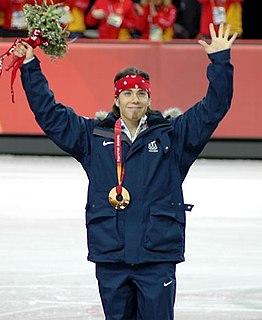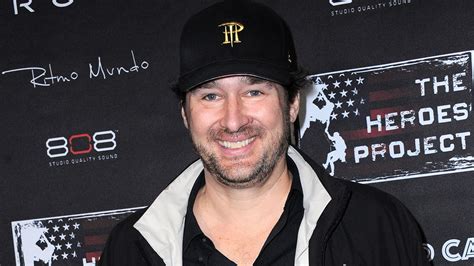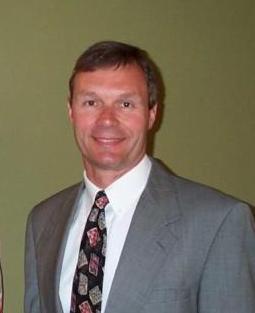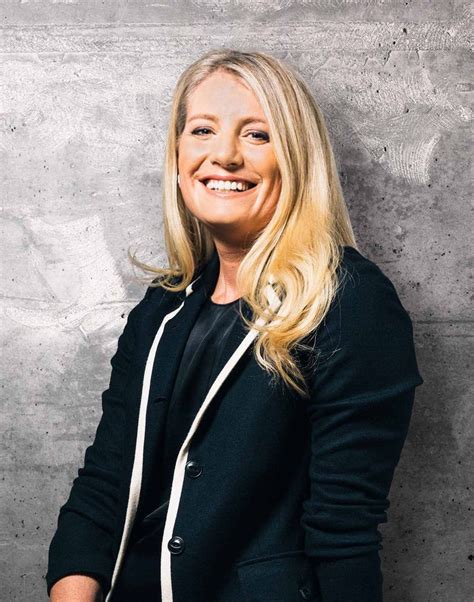A Quote by Kent Beck
One of the advantages of having to live with JUnit for 8 years is now we can look back and see which decisions we made worked nicely and which we would have done differently.
Related Quotes
There is a principle of human affairs that goes back millennia, which is that you don't look in the mirror. You can trace this principle back to the Bible. The designated intellectuals of that time are called prophets, which is a mistranslation of a Hebrew word, but they were basically intellectuals, giving geopolitical analysis, criticizing the moral practice of leadership, etc. Now, these people were not treated very nicely. There were other intellectuals who were treated nicely, namely those who centuries later came to be called false prophets. These were the flatterers of the court.
When it’s all said and done, I want to be able to say I got the most out of my potential. I don’t want to look back, however many years from now, and say, ‘I wonder if I would have worked a little harder. I wonder if I would have done this or done that, how things would have turned out.’ I want to, when it’s all said and done, be able to put my head on my pillow and say, ‘I did everything I could do — good or bad.’
I think it's impossible to predict the future but it is possible to look at the past and see how one can do differently from what one's ancestors have done and learn from their mistakes, and one can see how even though there are enormous forces which stop one doing what one wants to, there are little holes in which the individual can do something.
The U.S. has the most advanced cyber-weaponry on the planet, and t if you look at the U.S. from the perspective of the Chinese People's Liberation Army, which runs most of its cyber activities, they look at you and they see Google and Facebook - the two largest depositories of personal data in the world - and they see the reach of the National Security Agency, which has huge digital capacity to know what is going on around the world. So the Chinese would see cyber as an un-level playing field, because the U.S. holds all sorts of advantages.
Now that I'm almost forty, I look back at some of the decisions I made when I was younger - decisions that I thought of as courageous, or generous, or otherwise befitting a writer; befitting someone who had taken it as their life's goal to understand the human condition - and I wish I could go back in time and be like, "Hey, you don't actually have to do that - you're allowed to look out for yourself a little bit."
The Soul which is approaching its' liberation, as it looks back over past lives... down the vistas of the centuries along which it has slowly been climbing,... is able to see there the way in which the bonds were made, the causes which set it in motion. It is able to see how many of those causes have worked themselves out and... how many... are still working themselves out.
A career is measured over the course of the years, not moments. Over good decisions, over successes, not moments, failures, missteps, or bad comments. I learned that I needed to take a step back and look at my career not in that one moment that made me feel really bad, but what I had done not even in the past one or two years or last one or two hires, but that that career is built over many, many, many, many successive quarters and years and good decisions - never, ever made in that one moment where you felt really bad.
In their zeal for particular kinds of decisions to be made, those with the vision of the anointed seldom consider the nature of the: process: by which decisions are made. Often what they propose amounts to third-party decision making by people who pay no cost for being wrong-surely one of the least promising ways of reaching decisions satisfactory to those who must live with the consequences.


































